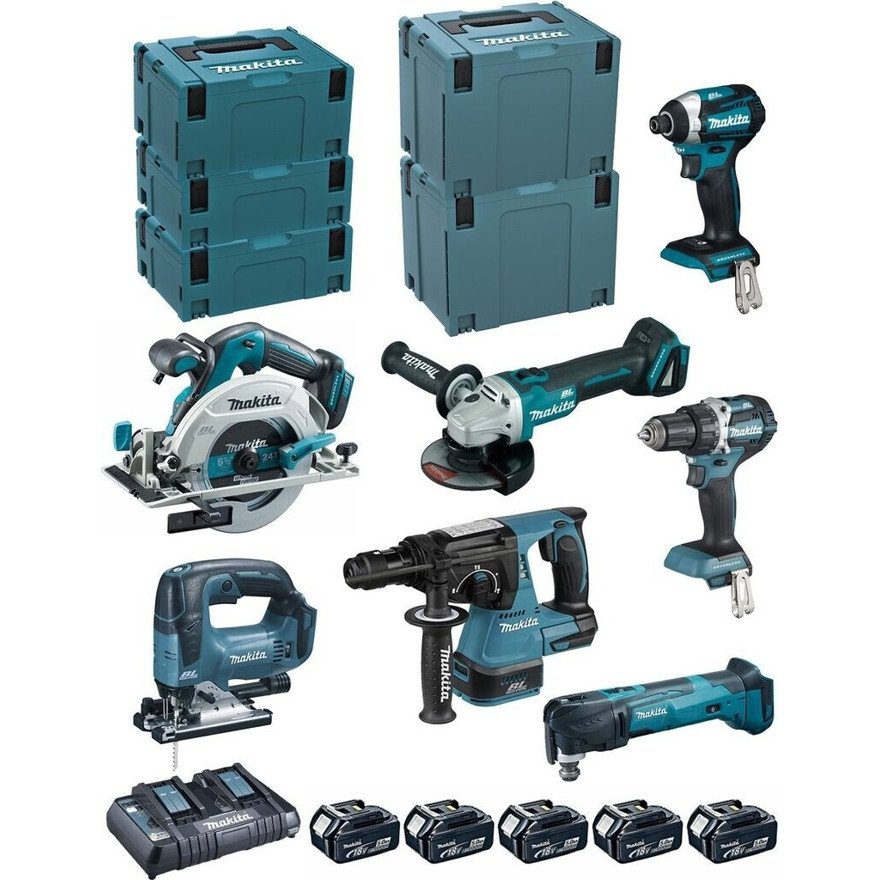Thicknesser Test Winner: Finding the Best Thicknesser for Your Workshop Needs
In the world of woodworking, attaining the perfect thickness is crucial for a professional finish. Whether you are an enthusiast or a seasoned woodworker, a dependable thicknesser can considerably affect the quality of your jobs. With many options offered on the market, choosing the right thicknesser can be overwhelming. This post aims to highlight the best thicknesser test winner, assisting you make an educated choice for your workshop.
What is a Thicknesser?
A thicknesser, also understood as a planer or surface area planer, is a woodworking machine used to trim boards to a consistent thickness and create a flat surface on wood pieces. The machine works by eliminating a thin layer of material from the surface of the wood, guaranteeing uniformity and smoothness.
Significance of a Thicknesser in Woodworking
- Accuracy: A thicknesser ensures constant dimensions, which is important for putting together pieces.
- Effectiveness: It speeds up the process of preparing lumber, conserving time when dealing with large projects.
- Flexibility: Many thicknessers can deal with various wood types, making them necessary tools for varied woodworking tasks.
Factors to Consider When Choosing a Thicknesser
When looking for the finest thicknesser, consider the following functions:
- Cutting Width: This determines the maximum width of the product that can be processed. A wider cutting width enables greater flexibility.
- Motor Power: A more effective motor can handle denser woods and bigger volumes of material.
- Thickness Capacity: Check the optimum and minimum thickness capabilities to ensure it satisfies your job requirements.
- Mobility: Depending on your workspace, you might prefer a lightweight alternative that is easy to maneuver.
- Dust Collection: An excellent dust collection system helps keep your workspace clean and enhances visibility.
Thicknesser Test Winner: Overview of Top Models
After comprehensive testing and consumer reviews, the following thicknessers emerged as the top contenders for the title of "Best Thicknesser":
| Brand & & Model | Cutting Width | Motor Power | Thickness Capacity | Weight | Price Range |
|---|---|---|---|---|---|
| DeWalt DW735X | 13 inches | 20,000 RPM | 6 inches | 92 lbs | ₤ ₤ ₤ |
| Makita 2012NB | 12 inches | 15 AMP | 6 inches | 68 pounds | ₤ ₤ |
| Bosch 3-1/4 Inch Planer | 3-1/4 inches | 6.5 AMP | 5/32 inches | 6.9 pounds | ₤ |
| Jet JWP-12 | 12 inches | 1 HP | 6 inches | 110 lbs | ₤ ₤ ₤ ₤ |
| Rigid R4331 | 12 inches | 15 AMP | 6 inches | 67 lbs | ₤ ₤ |
Analysis of the Top Thicknessers
- DeWalt DW735X: Renowned for its power and efficiency, the DW735X boasts a two-speed system that adjusts cutting speed depending upon the wood type. This feature enhances flexibility, enabling woodworkers to take on both soft and difficult woods with ease.
- Makita 2012NB: This compact thicknesser is perfect for those with limited shop area. Regardless of its compact design, it provides outstanding outcomes, making it a favorite among DIY enthusiasts.
- Bosch 3-1/4 Inch Planer: Although not a traditional thicknesser, this handheld planer uses versatility for smaller projects. It's light-weight and easy to operate, ideal for quick changes and small thicknessing tasks.
- Jet JWP-12: With a durable design ideal for heavy-duty jobs, the Jet JWP-12 has a robust motor and a large cutting capability. However, its weight might require a dedicated setup space.
- Stiff R4331: A versatile model that balances price and efficiency, the R4331 features a triple-blade system that guarantees smooth outcomes. It's a terrific choice for intermediate woodworkers.
Often Asked Questions (FAQ)
1. What thickness can a thicknesser attain?
Many thicknessers can process materials varying from 1/16 inch to 6 inches in thickness, though specs differ depending upon the model.
2. Is a thicknesser the like a jointer?
No, a thicknesser is utilized mainly for attaining an uniform thickness, while a jointer is created for flattening the surface area of the product and removing warps or twists.
3. Can trivox-versand.de use a thicknesser on hardwood?
Yes, thicknessers are designed to manage numerous wood types, consisting of woods. Nevertheless, guarantee that the motor power suffices for the material you are dealing with.
4. How frequently should I replace the blades?
Blades should be replaced or honed based upon usage. Regular inspections and maintenance will help avoid damage to your jobs and extend the life of your thicknesser.
5. Are thicknessers simple to run?
While some models may require initial modifications and settings, the majority of thicknessers are easy to use and consist of clear directions for both amateur and skilled woodworkers.
Selecting the ideal thicknesser is essential for accomplishing precision and effectiveness in woodworking. Based on recent tests, the DeWalt DW735X sticks out as the top performer due to its exceptional features and flexibility. However, individual requirements might vary and should be considered when choosing.
When buying a thicknesser, weigh the alternatives against your particular requirements, task types, and readily available area. With the right tools, woodworkers can elevate their craftsmanship to new heights, creating stunning finishes and detailed designs with ease. Pleased woodworking!

